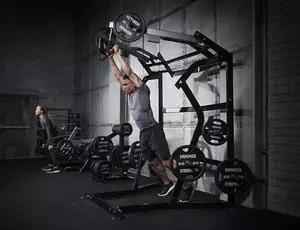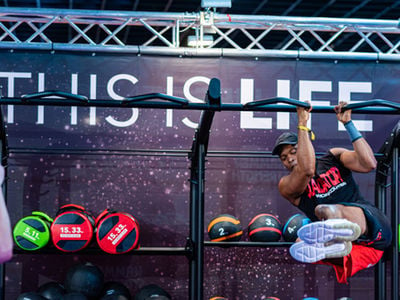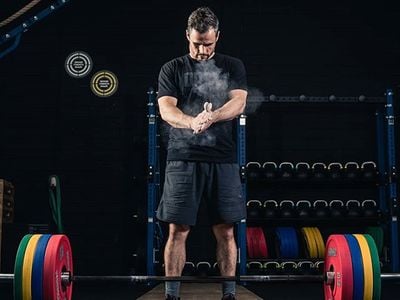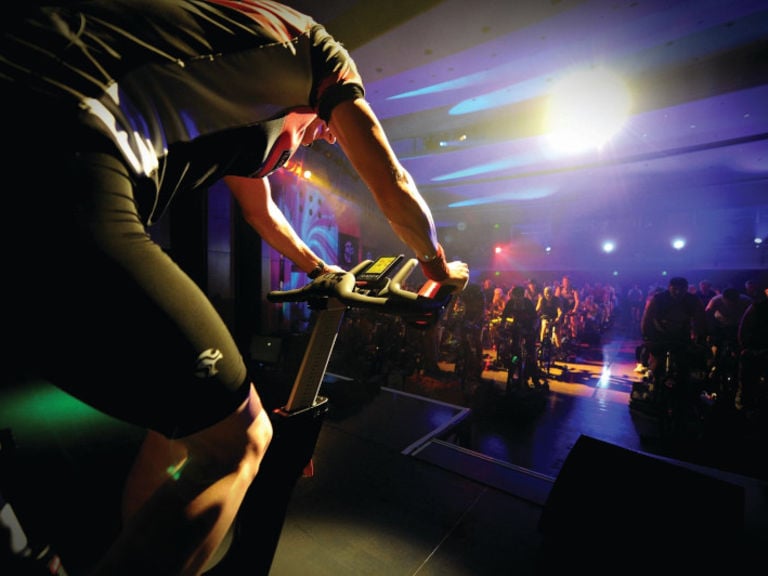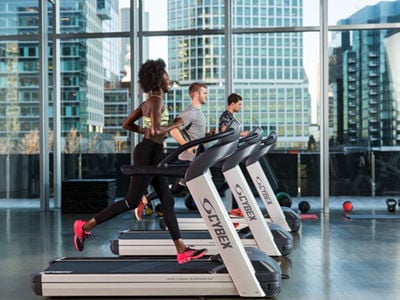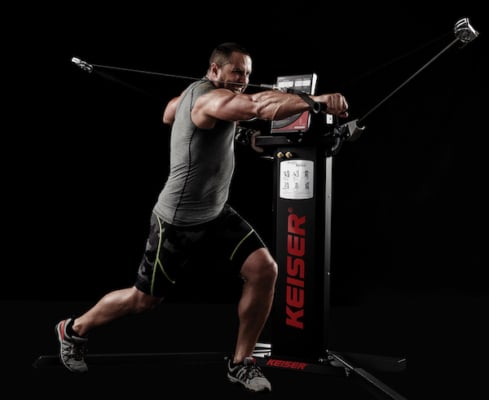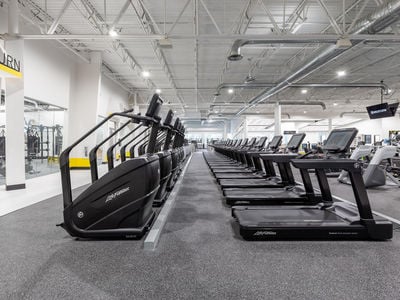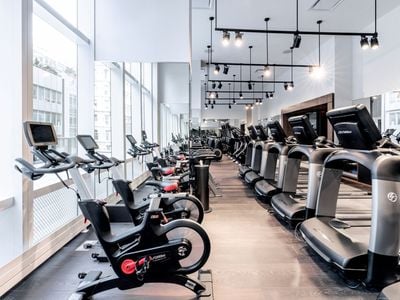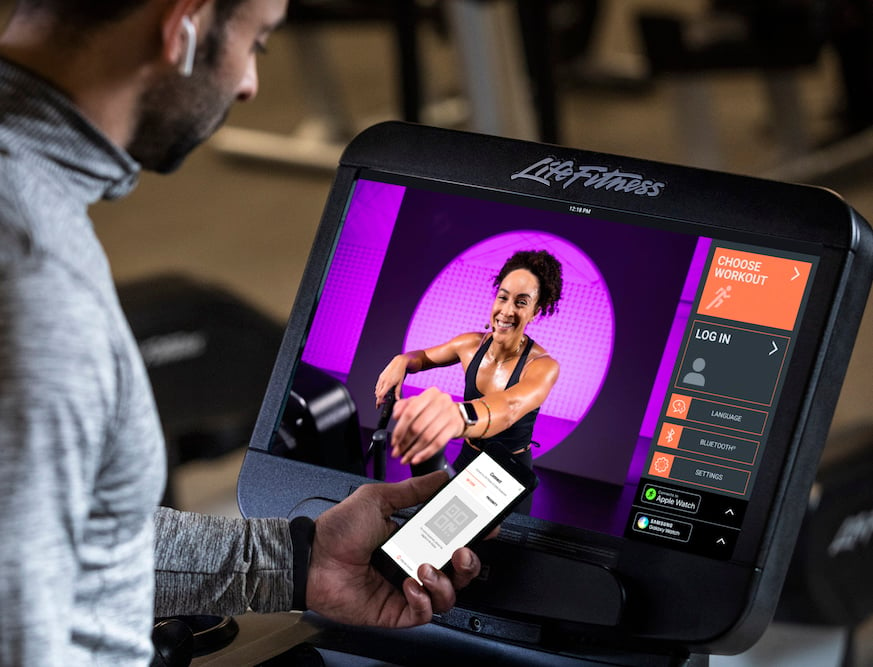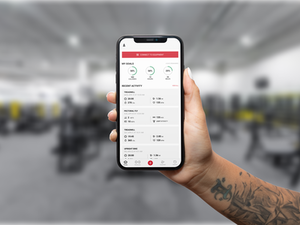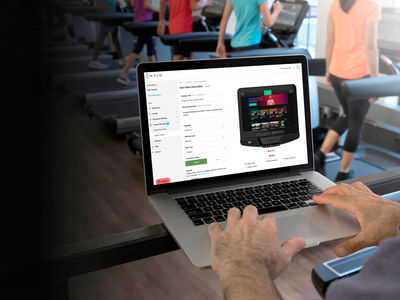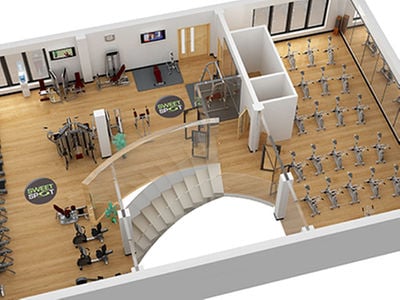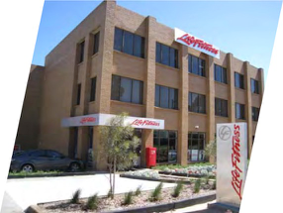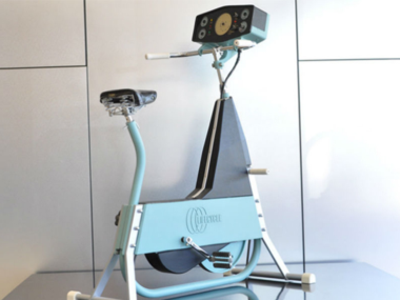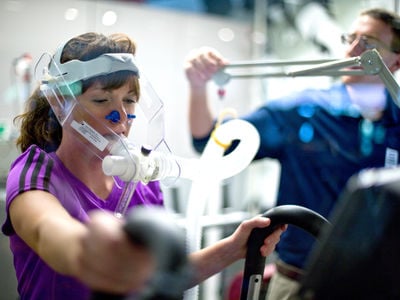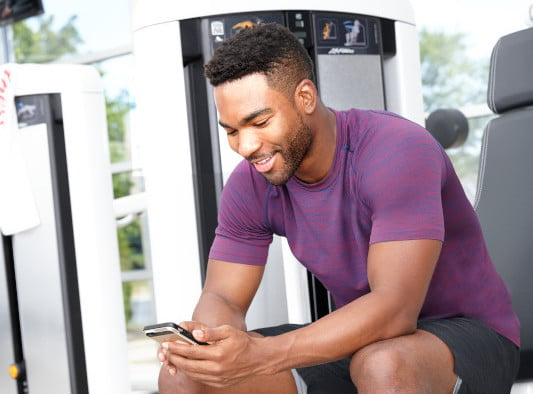Power output is better when there’s no time limit, study finds.
New research has highlighted that our performance when we exercise is better when we do not have to pace ourselves.
Researchers at the UK’s University of Kent’s School of Sport and Exercise Sciences took 17 experienced male cyclists and compared their performance in a time-to-exhaustion (TTE) test compared to a time trial (TT).
During a time-to-exhaustion race, cyclists go as hard as they can in a race-type environment, only stopping when they feel tired. In a time trial, cyclists have a certain amount of time to complete the race.
Researchers told the cyclists to maintain their target power for as long as they could. The cyclists also received verbal encouragement to keep going.
Under both conditions, all cyclists were not aware of how long they had been riding for, how much power they had used, their cycling cadence or their heart rate. However, the cyclists did know how long the time trial was set for.
In the study, published in the Journal of Sports Sciences, the authors concluded that time-to-exhaustion “results in a higher average power output compared to a time trial”.
This research may have implications for other types of training and exercise, as it appears we work harder when we don’t know there’s a time limit.
It may help scientists to better understand the importance of feedback during exercise in determining when people choose to stop exercising, as well as provide insight into how athletes plan workouts.
Future research will investigate these findings further.
Reference:
Coakley, S.L. and Passfield, L. (2017.) ‘Cycling performance is superior for time-to-exhaustion versus time-trial in endurance laboratory tests.’ Journal of Sports Sciences.
ORCID Icon. Pages 1-7. Accepted 01 Aug 2017, Published online: 11 Sep 2017
http://dx.doi.org/10.1080/02640414.2017.1368691

